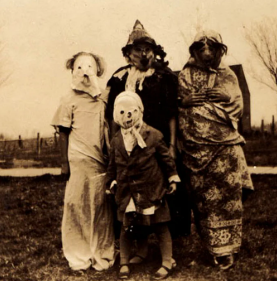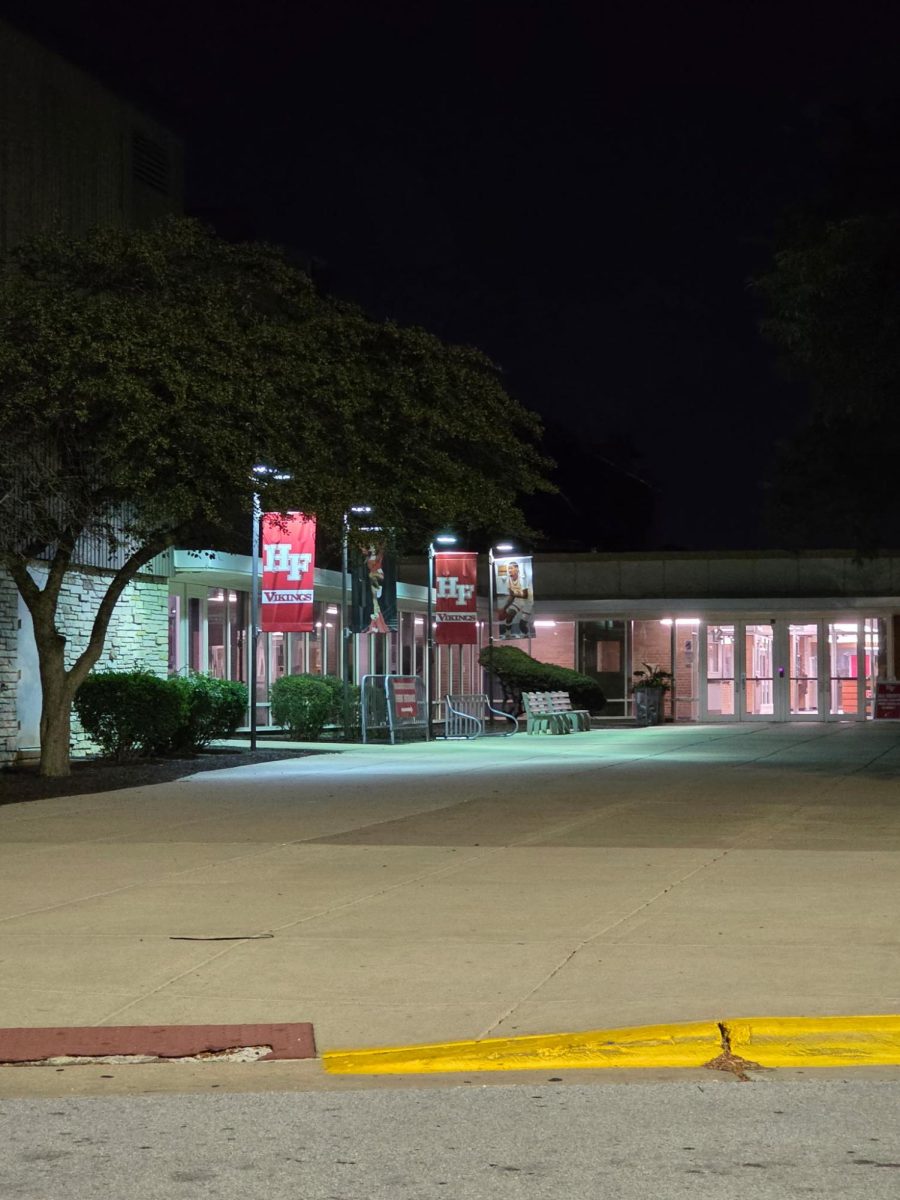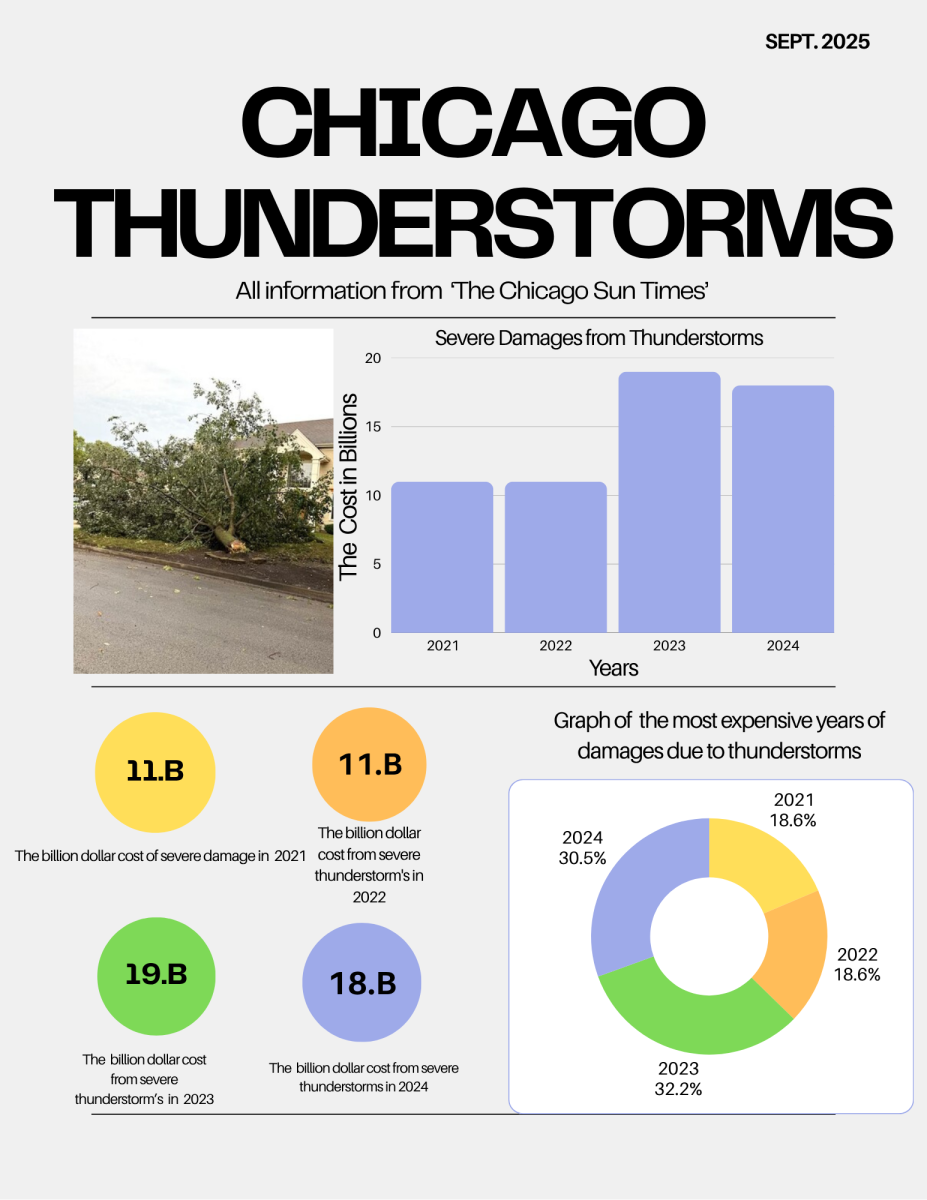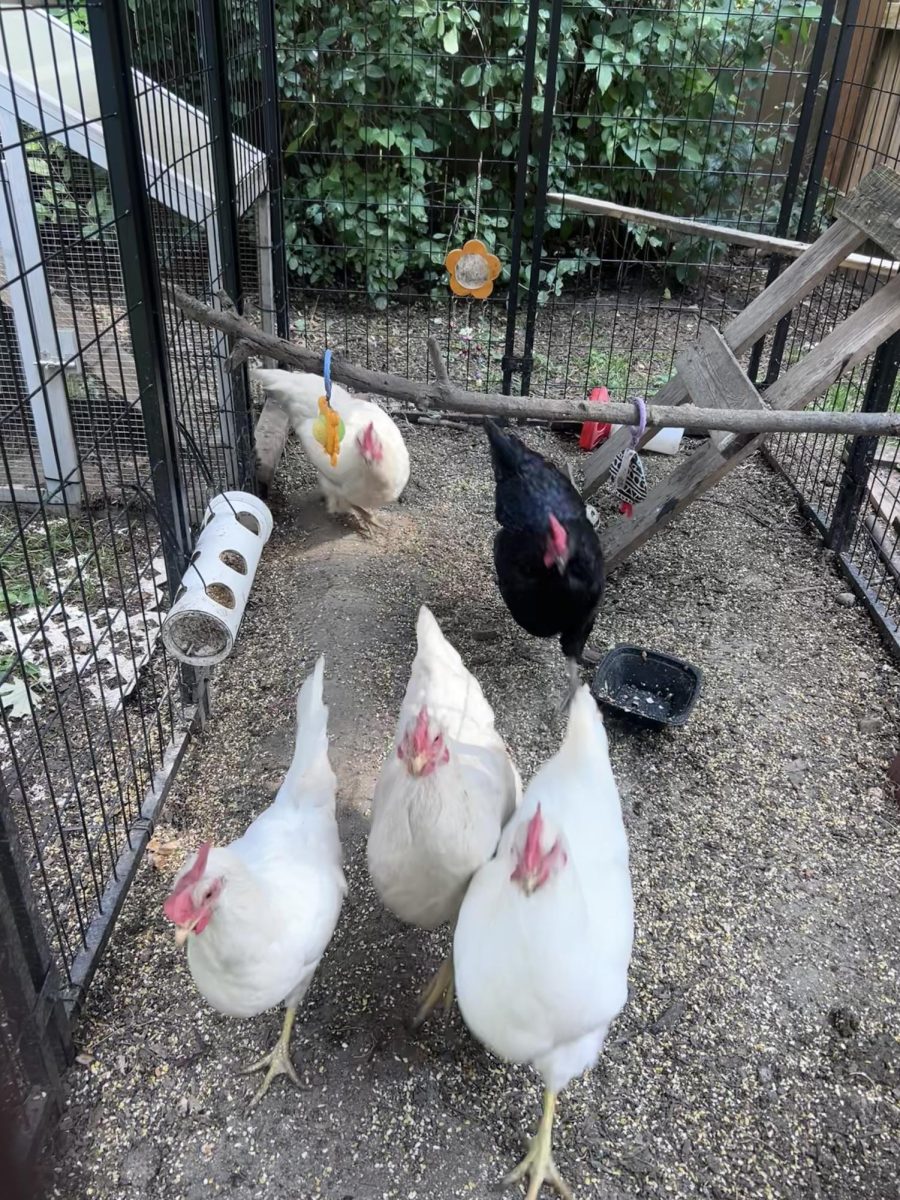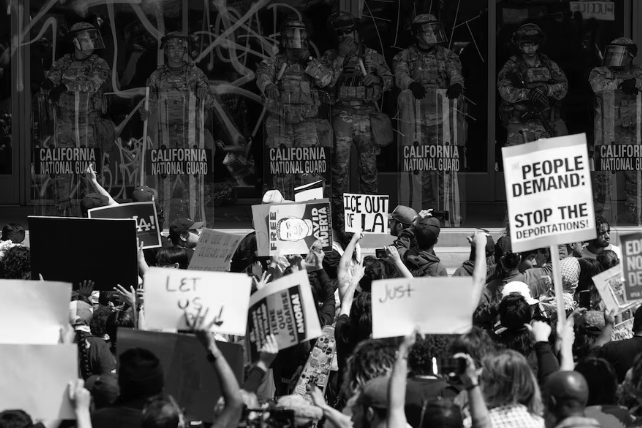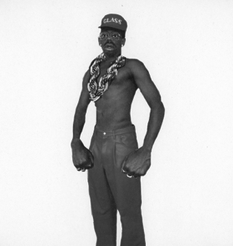There are many things on this planet that we as humans consume, even animals, that are not always good for our bodies.
Many toxins are spewed into our good-quality air all the time that can come from a plethora of things, causing people to fall sick or anything else major.
There is a lack of awareness as to how seriously pollution affects human health, with companies blowing out polluted smoke from their buildings, to cars leaking out huge amounts of leaded gas. Nevertheless, there were people who wanted to make a change.
In January 1969, Wisconsin Senator Gaylord Nelson and many others witnessed a massive oil spill in Santa Barbara, California. As a result, he took action by using students from anti-war protests with a public conscience about the air and water pollution. He wanted to have a teach-in on college campuses and broadcast it to the national media.
Along the way, Nelson recruited young activist Dennis Hayes to organize the campus teach-ins and to be able to present a “stop for pollution” to the public.
The first ever Earth Day movement was assembled in 1970.
They chose April 22, a weekday between students’ Spring Break and final exams, to draw in as much student participation as possible.
Hayes built a national staff, promoting events across the country to make an effort at reaching out to many other organizations, faith groups and more. The name “Earth Day” sparked national interest and spread throughout the country inspiring 20 million Americans to roam the streets and make .
Earth Day 1970 achieved a rare political alignment, enlisting support from Republicans, Democrats, rich or poor, urban dwellers, farmers and business and labor leaders.
People from all different backgrounds believed in one common goal: keeping nature and our own health safe.
According to EarthDay.org, “After the first Earth Day was established, it led to the creation of the United States Environmental Protection Agency and the passage of other first-of-their-kind environmental laws, including the National Environmental Education Act, the Occupational Safety and Health Act and the Clean Air Act. Two years later, Congress passed the Clean Water Act.”
Though Earth Day signified new ways for the world, it hasn’t put an end to all of the health concerns being brought up into our time now. It seems like things have only gotten worse in the world.
The one and only Environmental Science teacher at H-F, Stephanie Gioiosa mentioned the importance of keeping our Earth clean.
“Sometimes, it’s hard for us to see the Earth’s complexity and how little our actions can have an effect on something. Everything in the environment is connected somehow. So, we should keep that in mind and try to leave our planet in a state that we want to leave for future generations,” Gioiosa said.
So, what are some ways that we could try at making the world better and healthier for us?
Save energy by finding energy efficient light bulbs to reduce greenhouse gas emissions or managing the assets in your home better.
You can also conserve water as much as possible like taking shorter showers, turning water off as much as you can while in use, and installing water-saving systems.
Volunteering to pick up trash around your community prevents the clutter from traveling and putting animals in harm’s way or even clogging up our environmental systems.
Lastly, something that has become popular over the past few decades: electric cars.
These cars produce less air and climate pollution than cars filled with gas and you can easily plug them up and your car is charged and ready for you!
Not everyone can afford the costs of these electric cars but we should spend less time in our gasoline-fueled cars, and take more walks or perhaps, riding bikes for our transportation.
Though the movement to better our planet happened some decades ago and most people still don’t care about the way we treat our environment, we should want to do better.
For our health and the future.



